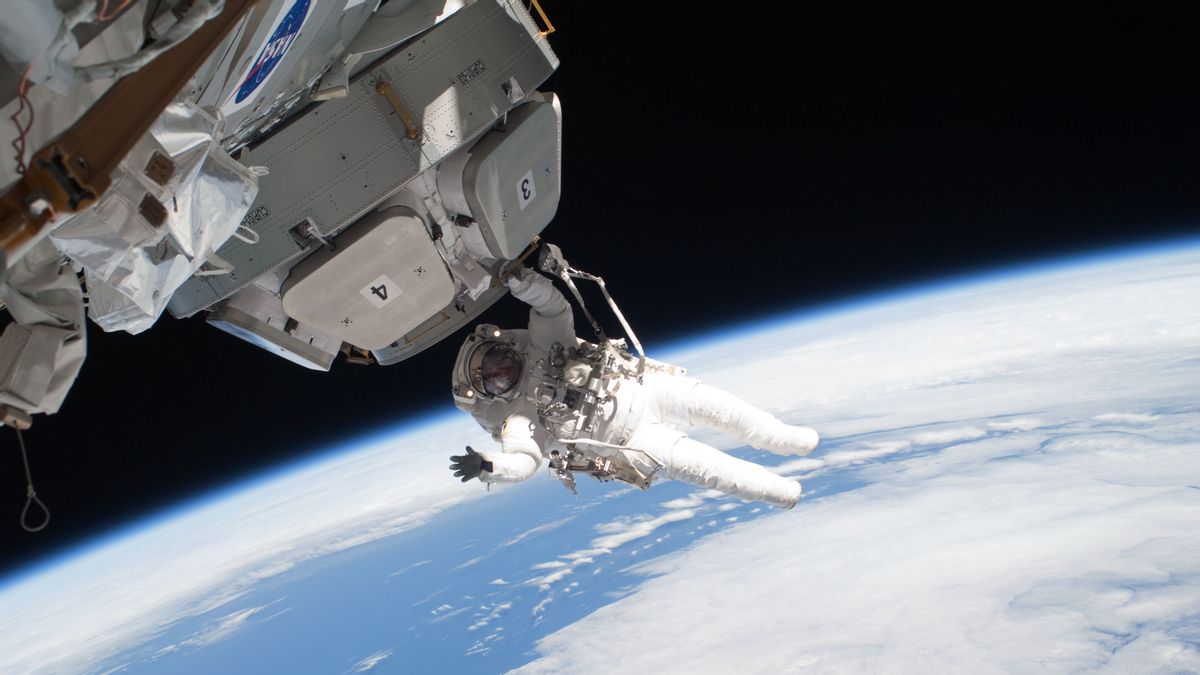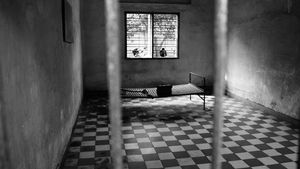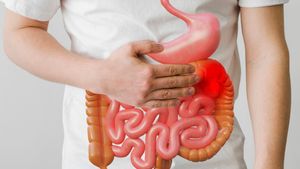JAKARTA - Humans' next giant leap may be a trip to Mars, but having enough oxygen-carrying red blood cells for the journey may present a challenge, new research suggests.
Even space tourists queuing up for short trips may have to stay home if they are at risk of developing anemia, or a lack of red blood cells, the researchers said.
Astronauts are known to suffer from 'space anemia' but until now this is thought to be temporary. One NASA study called it a '15-day illness.'
Doctors attribute it to the destruction of red blood cells, or hemolysis, that results from the displacement of fluids as the astronaut's body is accommodated to become weightless. And, once again as they are re-accommodated by gravity.
In fact, anemia is "a major effect of going to space," says Dr. Guy Trudel of the University of Ottawa, who led the study of 14 astronauts funded by the Canadian Space Agency.
"As long as you are in space, you destroy more blood cells" than you make," he said.

Normally, the body destroys and replaces nearly 2 million red blood cells per second. Trudel's team found that the astronauts' bodies destroyed 3 million red blood cells per second during their six-month mission.
"We thought we knew about space anemia, and we don't," Trudel said.
The astronauts produce extra red blood cells to compensate for the destroyed. But, Trudel asks, how long can the body continue to produce 50 percent more red blood cells?
For example, a round-trip mission to Mars would take about two years, NASA estimates.
"If you're on a trip to Mars and you can't keep up with the need to produce all those extra red blood cells, you could be in serious trouble," Trudel said.
Having fewer red blood cells in space isn't a problem when your body is weightless, he adds. But after landing on Earth, and potentially on other planets, anemia can affect an astronaut's energy, endurance and strength.

A year after returning to Earth, the astronaut's red blood cells have not yet fully returned to pre-flight levels, his team reported last Friday in 'Nature Medicine'.
In addition, Trudel also studied the effects of immobility in patients who were bedridden for weeks or months.
The new findings mimic what he sees in his patients, he said, suggesting that what happens in space may also occur in immobile patients.
"One solution can also apply to another," he said.
Meanwhile, Sulekha Anand, who researches human physiology at San Jose State University and was not involved in the study, agrees with the findings.
"These findings have implications for understanding the physiological consequences of spaceflight and anemia in patients on the ground," he said.
To note, Tim Trudel is studying ways to solve the problem, he said.
The English, Chinese, Japanese, Arabic, and French versions are automatically generated by the AI. So there may still be inaccuracies in translating, please always see Indonesian as our main language. (system supported by DigitalSiber.id)











